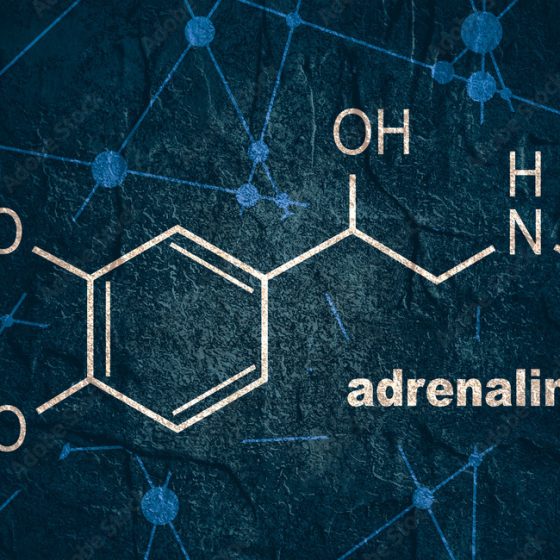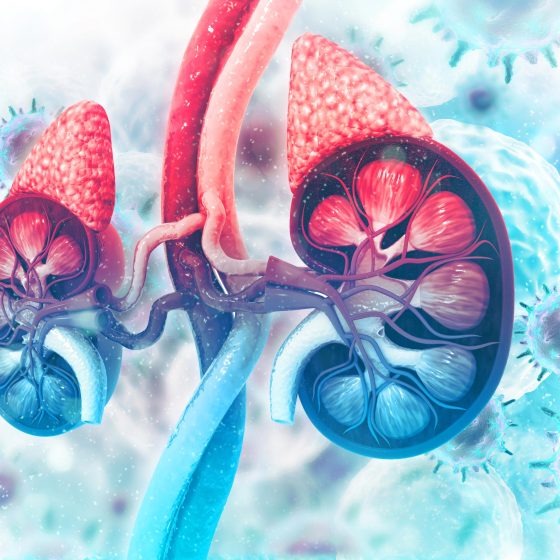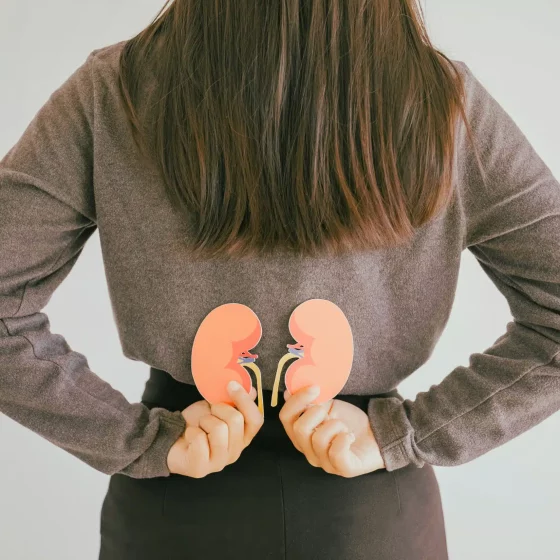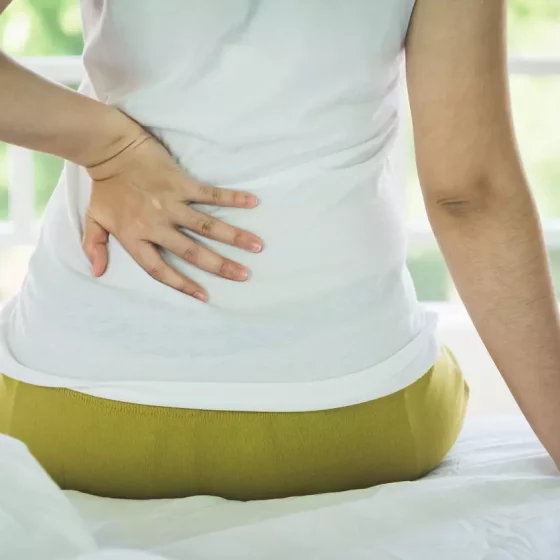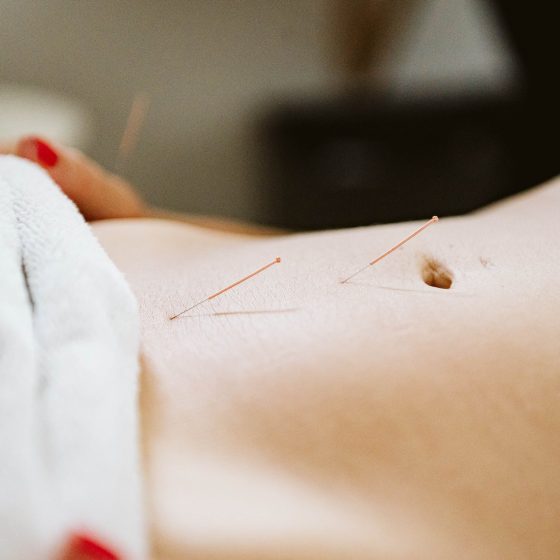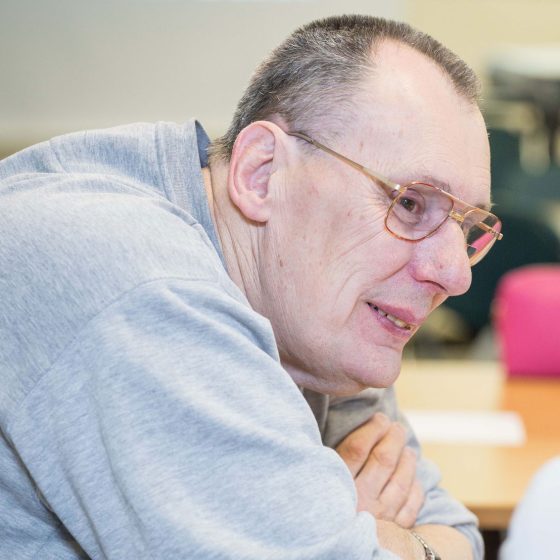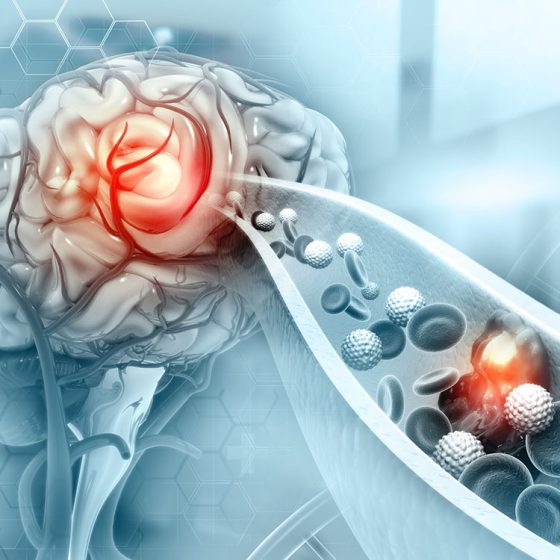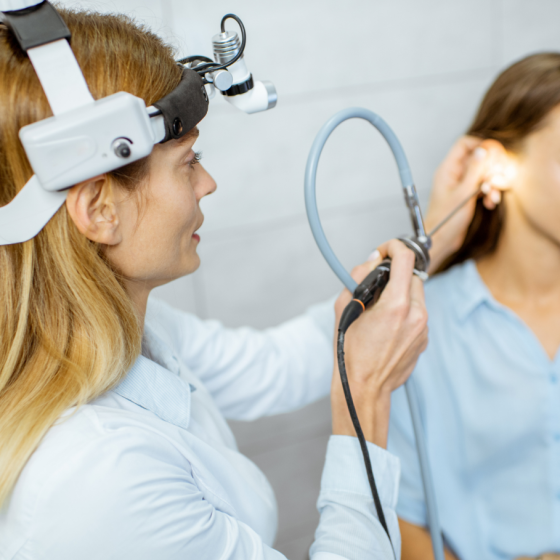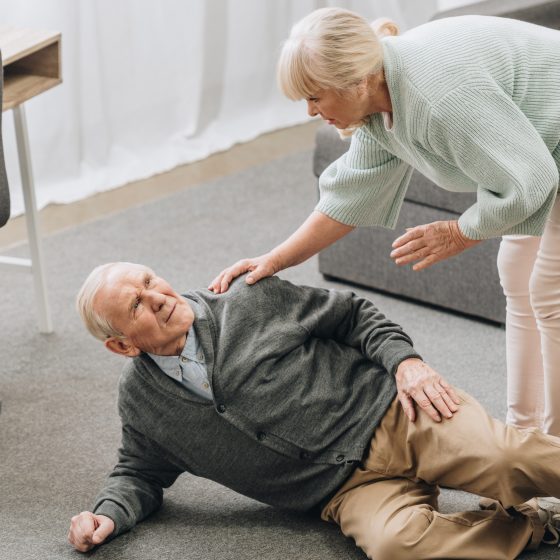Advance care planning and directive
What is advance care planning? Advance care planning involves planning for your future healthcare. The process of advance care planning helps you outline your values and beliefs and your preferences for your future healthcare. Advance care planning will help guide your loved ones and doctors to make decisions on your behalf that align with your values, in a situation where you aren’t able to do this yourself. What is an advance care directive? Advance care planning involves formally detailing your values and preferences regarding your future healthcare. This document is called an ‘advance care directive’, though it has different names

